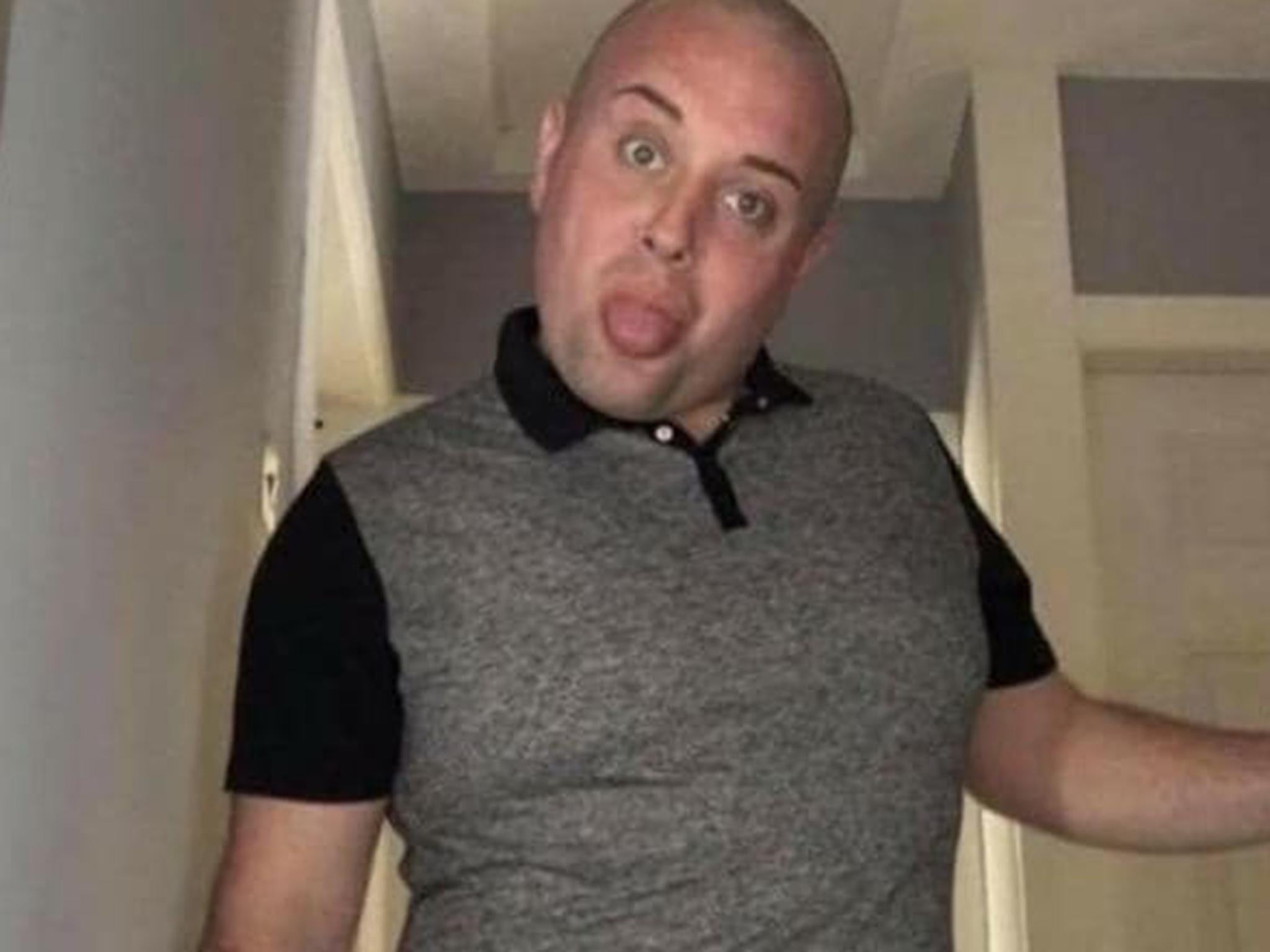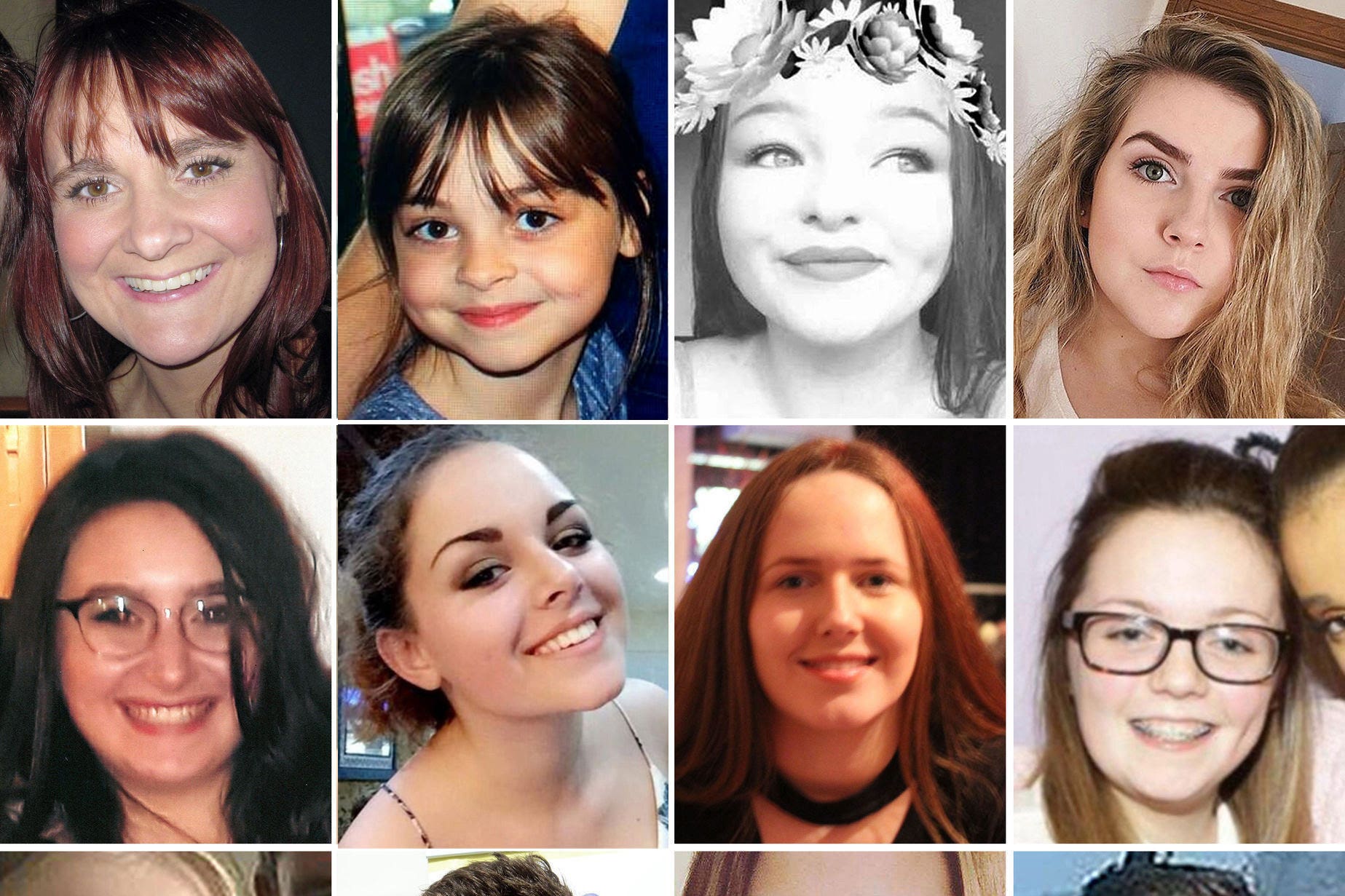
A Manchester Arena bombing victim “died without dignity on the floor”, his family has said after the inquiry concluded he probably would have survived if not for emergency response failings.
Care worker John Atkinson, 28, was six metres away when the explosion went off in the foyer of the venue at the end of an Ariana Grande concert on the evening of 22 May 2017.
“John was our son, brother, uncle, and friend. Everyone who knew him loved being around him. He always put others first. As today’s report says, his working life was spent helping those in care and his kindness and generosity were evident for all to see,” Mr Atkinson’s family said.
“He was left, dying, without his dignity, on the floor when it should have been obvious to medics that he needed to get straight to hospital.”
According to witnesses, Mr Atkinson asked if he was going to die as he lay on the floor following the explosion.
“This should simply never have been allowed to happen,” his family added in a statement.
A member of the public used a belt as a tourniquet on Mr Atkinson’s leg as he lay bleeding in agony for up to 50 minutes, during which time he told a police officer: “I’m gonna die.”

Fire crews took more than two hours to even attend the incident after the station manager Andy Berry chose to mobilise resources three miles from the arena amid fears over safety.
Inquiry chair Sir John Saunders said: “The effect ... was that the fire appliances at Manchester Central Fire Station drove away from, not towards, the incident. While driving away, the Manchester Central fire appliances drove past ambulances travelling in the opposite direction.”
He said that North West Ambulance Service operational commander Dan Smith made an error in sending ambulances to meet at Manchester Central Fire Station rather than going directly to the scene.

The family of John Atkinson urged the ambulance service to ensure “that no family ever has to go through this horrific experience again”.
Greater Manchester Police chief constable Stephen Watson said the force welcomed the findings which made for “distressing reading”, adding that the response of emergency services was “inadequate”.
“We had failed to plan effectively and the execution of that which had been planned, was simply not good enough. Our actions were substantially inadequate and fell short of what the public had every right to expect,” Mr Watson said.
“For this, I apologise unreservedly,” he added.
Mr Watson said poor communications and planning in addition to inadequate training and shortcomings in strategic leadership all played a part in the failure.
Kim Harrison, head of operations and public inquiries at Slater and Gordon, who represented 12 of the deceased families, said the “damning” report showed how emergency services lacked “preparedness, planning, coordination, communication, resources and equipment”.
“It is totally unacceptable that members of the public were left seriously injured and dying in this way for what must have seemed like an eternity. It is clear that the so-called ‘golden hour’ after the attack was utterly squandered by the catastrophic response of the emergency services,” Ms Harrison said.
She added: “As Sir John says, the emergency services simply failed to get a grip.”

Figen Murray, who lost her son Martyn Hett in the attack, urged lessons to be learnt from the inquiry to avoid a repeat of the devastation.
“Today, we have learnt about the failings of the emergency services. There is no denying that some of these failings led to loss of life. I am not here to play the blame game. What we learned today will not bring Martyn back or anyone else for that matter. What is important from this day forward is to learn from these mistakes so that they do not happen to anybody else in the future,” Ms Murray said.
“We must ensure that the emergency services introduce measures befitting of today’s recommendations to ensure that more lives are saved should another such attack happen again.”
He was 29, an absolute bundle of joy. The week he died he had been due to go to America on the trip of a lifetime— Figen Murray on her son, Martyn Hett
Ms Murray, who has led a high-profile campaign for change in the law and studied for a masters degree in counterterrorism after the bombing, told The Independent that her son died quickly but that heart went out to families who were traumatised by hearing how their relatives could potentially have survived.
“I’ll always have a Martyn-shaped gaping hole in my soul and my heart,” she said.
“He was 29, an absolute bundle of joy. The week he died he had been due to go to America on the trip of a lifetime.
“I don’t resent anything - I believe everything happens for a reason and difficult as it is, it was Martyn’s time to go. I don’t think about what-ifs. The only way to do justice to his life is to stay positive.”
She studied counterterrorism, she said, because she “naively thought terrorism was something that happened abroad, to other people, in other countries, not on my doorstep, and realised I needed to know why people do these things”.
Martyn’s stepfather added that it was “disgraceful that large corporate companies can make money by cutting back on basic first aid measures that have been proven to save lives”.
He urged the government to take action on Sir John’s 149 recommendations.

Nicola Brook, a solicitor from Broudie Jackson Canter who represents five Manchester Arena victims’ families, including the family of the youngest victim, Saffie-Rose Roussos, eight, said: “This damning report reveals what the families knew all along, that all the organisations meant to protect their loved ones failed on an enormous and unfathomable scale.
“To compound the families’ pain, they were then forced to listen to denials, excuses and finger-pointing rather than admissions of the terrible mistakes made.
“So much distress could have been spared had Greater Manchester Police admitted its glaring failures from the start.
“Saffie’s parents Andrew and Lisa have pushed to get answers about what happened to their beautiful daughter over five and a half incredibly traumatic years.
“After initially believing the blast had killed Saffie instantly, the pain of that loss was compounded by learning that she had lived for over an hour.”







